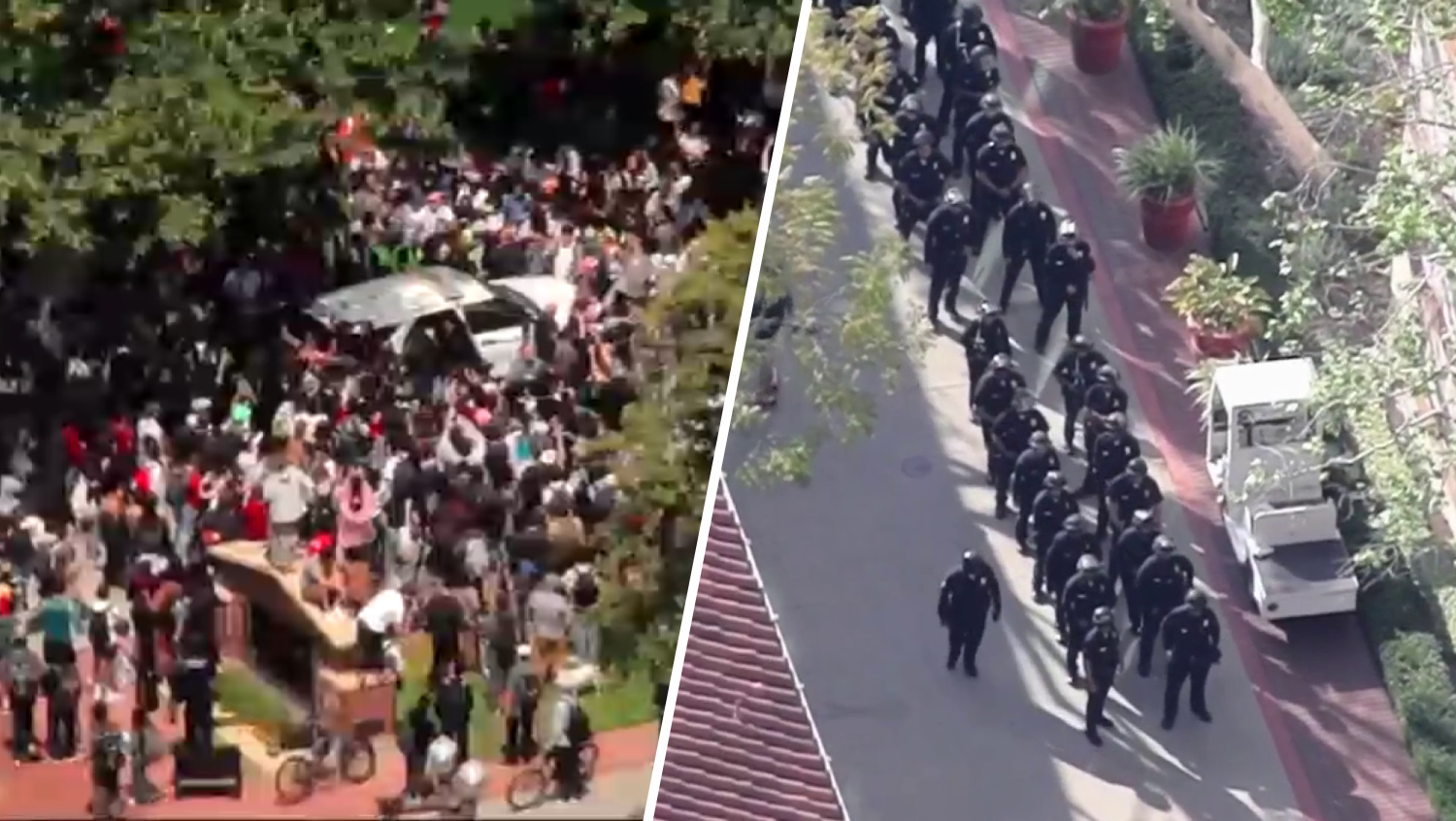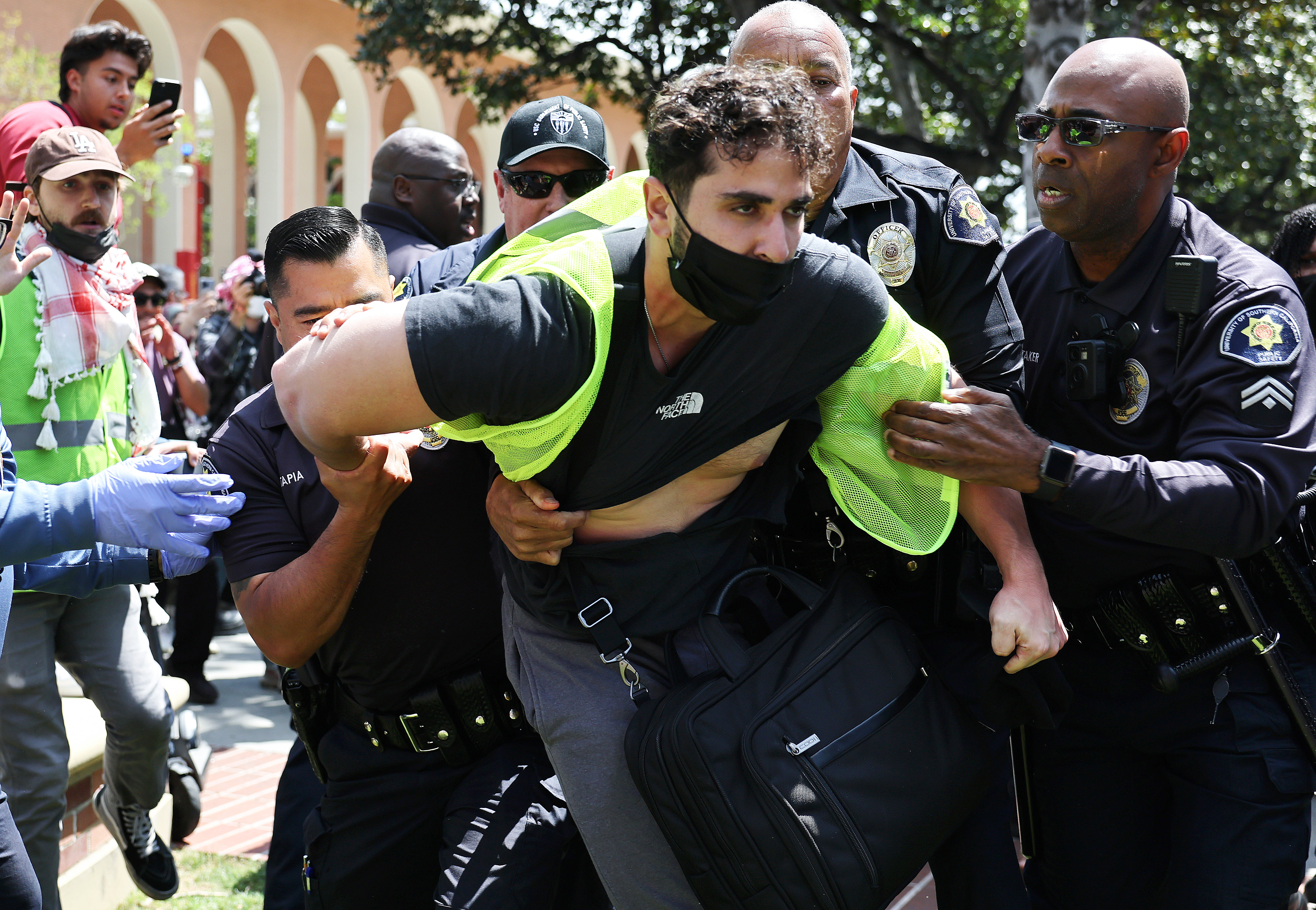What to Know
- The Long Beach safe parking pilot program will begin September.
- The pilot program will offer 30-day parking passes to eligible families and individuals.
- Participants are required to engage with outreach workers who will connect them to the Long Beach Multi-Service Center.
If you've struggled with homelessness and live out of your car, the city of Long Beach has a new program that may help.
Beginning in September, those who are chronically homeless or struggle to keep a roof over their heads can enroll in the city's safe parking program.
Under the plan, the city will offer 30-day parking passes to park in designated areas around the city. It not only offers free parking, it will offer information about other services to help get them permanently off the street.
"We want to make sure that people have as limited amount of time on the streets or in their cars as possible until we can get them into housing," said Kelly Colopy, the director of the city's Health and Human Services. "This is one space where people feel safe with a roof over their heads as we continue working to support folks."
The program was created amid an increasing housing crisis in Southern California. The plan will be for a dedicated safe spot to be determined by August, officials said. Of the 1,863 considered homeless in Long Beach, 85 of them have resorted to living out of their vehicles, according to a 2017 city homeless count.
"Many residents have been forced to use their vehicles as shelter," Long Beach Mayor Robert Garcia said. "This pilot program in Long Beach will allow us to see if we can help transition people out of their cars and back into homes."
News
Top news of the day
Shannon Parker, the city's homeless services officer, said the idea is about helping people.
"People are people first, and whatever is happening to them is second," Parker said. "First, we ask if they are safe. Then, we ask, 'What's happening? What do you need today?'"



